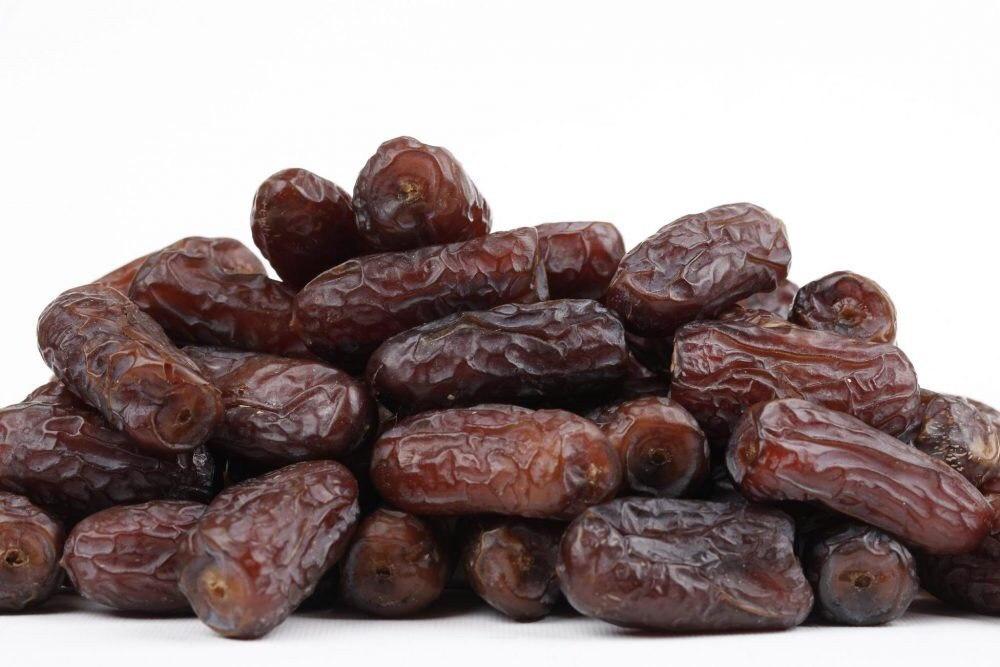Challenges Faced by Dates Fruit Suppliers in Malaysia

Introduction
Dates are a popular fruit known for their natural sweetness and numerous health benefits. In Malaysia, the demand for dates has been steadily increasing due to their nutritional value and versatility in various culinary applications. As a result, there is a growing market for dates suppliers in the country. However, like any business, dates fruit suppliers in Malaysia face certain challenges that can impact their operations and profitability. In this blog post, we will explore the main challenges faced by kurma supplier Malaysia and discuss potential solutions to overcome them.
1. Seasonality and Sourcing
One of the primary challenges for dates fruit suppliers in Malaysia is the seasonality of the fruit. Dates have specific growing seasons, and their availability can be limited to certain months of the year. This poses a challenge for suppliers who need to ensure a consistent supply of fresh dates throughout the year to meet customer demand. To overcome this challenge, suppliers may need to establish relationships with multiple sources and diversify their supply chain to ensure a steady availability of dates.
1.1. Local Sourcing
Local sourcing of dates can be challenging in Malaysia due to limited cultivation areas and climatic conditions. Dates require specific growing conditions, including a hot and dry climate, which may not be readily available in all regions of the country. Suppliers may need to explore suitable regions for date cultivation within Malaysia or consider importing dates from other countries to ensure a consistent supply.
1.2. International Sourcing
To overcome the limitations of local sourcing, dates fruit suppliers in Malaysia often rely on importing dates from other countries. However, this introduces additional challenges such as transportation logistics, customs regulations, and ensuring the quality and freshness of the imported dates. Suppliers need to establish reliable partnerships with international suppliers and implement effective quality control measures to mitigate these challenges.
2. Quality Control and Storage
Maintaining the quality and freshness of dates is crucial for suppliers to meet customer expectations and ensure customer satisfaction. Dates are perishable fruits and require proper handling and storage to prevent spoilage. The lack of proper storage facilities and temperature-controlled environments can lead to quality deterioration and shortened shelf life of dates. Suppliers need to invest in suitable storage infrastructure and implement strict quality control measures to preserve the freshness and quality of the dates throughout the supply chain.
2.1. Packaging and Labeling
Proper packaging and labeling play a vital role in maintaining the quality and marketability of dates. Suppliers must ensure that dates are packaged in hygienic and attractive packaging materials that protect the fruit from physical damage and contamination. Clear and accurate labeling with information such as the date of harvest, country of origin, and nutritional content can help build trust with customers and comply with regulatory requirements.
2.2. Cold Chain Management
Dates are highly perishable and require temperature-controlled transportation and storage to prevent spoilage. Suppliers need to establish an efficient cold chain management system to maintain the optimal temperature and humidity levels during transportation and storage. This may involve investing in refrigerated vehicles, cold storage facilities, and monitoring systems to ensure that the dates remain fresh and of high quality throughout the supply chain.
3. Market Competition and Price Fluctuations
The market for dates in Malaysia is becoming increasingly competitive, with numerous suppliers vying for customers’ attention. This competition can lead to price fluctuations and reduced profit margins for dates fruit suppliers. To remain competitive, suppliers need to differentiate themselves by offering unique varieties, superior quality, and value-added services such as customized packaging or convenient delivery options. Additionally, building strong relationships with customers and providing excellent customer service can help suppliers retain their customer base and withstand market fluctuations.
Conclusion
Kurma supplier Malaysia face several challenges in meeting the growing demand for dates. These challenges include seasonality and sourcing limitations, quality control and storage requirements, and market competition and price fluctuations. By diversifying their sourcing strategies, investing in quality control measures and storage infrastructure, and differentiating themselves in the market, dates fruit suppliers can overcome these challenges and thrive in the industry. Despite the obstacles, the increasing popularity of dates and their health benefits make the industry a promising one for suppliers in Malaysia.
Key Highlights
– Seasonality and limited local cultivation areas pose challenges for dates fruit suppliers in Malaysia.
– Suppliers often rely on international sourcing to ensure a consistent supply of dates throughout the year.
– Maintaining quality and freshness of dates requires proper storage infrastructure and strict quality control measures.
– Packaging, labeling, and cold chain management are essential for preserving the quality of dates.
– Market competition and price fluctuations necessitate differentiation and excellent customer service for suppliers to remain competitive.